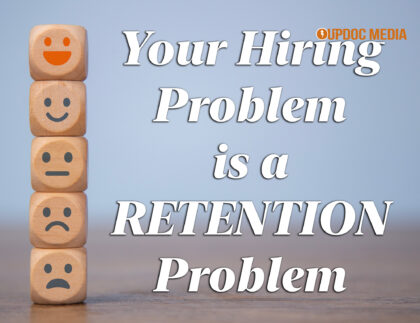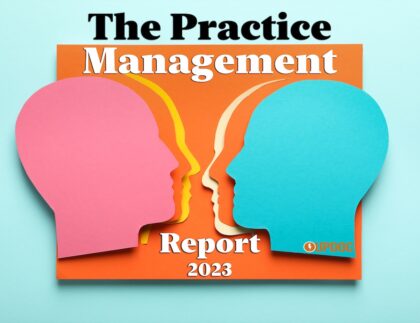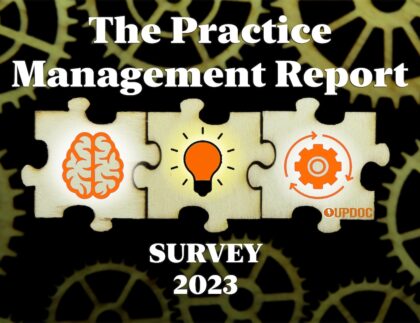
 Transparency. Social Responsibility. Sustainability.
Transparency. Social Responsibility. Sustainability.
These are big words of our day as it pertains to contemporary business strategy. But, what is it really? What is transparency? It is certainly a part of a business model called corporate social responsibility, to which sustainability also resides. It is also something that everyone seems to desire. Consumers want it. Politicians want it. Business executives want it. Strategic partners want it. Everyone wants transparency.
Yet, does transparency mean that businesses simply open up their books to whoever wants to take a peak, relinquish any proprietary content they may own, stop protecting their trademarks, and just let whichever third party take advantage of a zero security ecosystem?
Of course not!
If you’re a business owner, the first fear of transparency isn’t that you have some deep dark secret which will become exposed and you’ll lose all your customers. Typically, it’s fear that your competition will take advantage of your willingness to be open and honest.
Well, first let me offer some facts about transparency.
First, transparency is now considered by many as the opening of closed informational doors; where the outside world gets an open view to the decision making process, and perhaps more importantly, that accountability is upheld throughout any entity. Transparency can exist corporately, politically, academically, and personally. In the scope of business, corporate transparency centers on taking responsibility for past actions and involving stakeholders in the making of future actions.
Secondly, there are strong economic incentives to being transparent. Along with positive levels of employee engagement, there exists an appreciable correlation with customer loyalty, company profitability, and general productivity. Additionally, transparency fosters trust and trust leads to talent retention. To this, anyone who has dealt with human resources can tell you how very expensive it is to deal with employee turnover. There is also much direct translation to consumer behaviors, leading us to…
Thirdly, transparency is quickly becoming part of a company’s ethical fold as the millennial social contract continues to evolve. Therefore, it isn’t surprising that organizations reputed for their ethics and transparency have demonstrated much benefit throughout their value chain. Such firms experience higher rates of customer retention, satisfaction, and repatronage. They are also seen as more valuable by consumers as compared to competitors due to their elevated repute for good ethics, social responsibility, and being operationally transparent.
Still, we have yet to answer with clarity: What is transparency?!
While we have several official definitions of transparency which include words such as open, honest, public access, information, no closed doors, accountability, visibility, etc. — I feel that these are not true definitions, rather, these are active descriptors of what transparency is. And, while corporate social responsibility and transparency have become strongly adopted business strategies, I feel the spirit of transparency transcends even this circle of thought. So then, what do I consider as a clear definition of transparency?
Transparency is a culture of relational trust.
It is a way of relating with people as an organization, as a business, as coworkers, as management, with consumers, with stakeholders, with partners, and even with competitors. It is way of interacting with all these groups in a manner where trust is the linchpin of all activities. As in many relationships where trust is the center, it isn’t that each group needs to have constant review of bank accounts, credit card statements, and mutual password access to communication outlets. Rather, it is despite the access, they need not even bother checking. Trust exists in the way each group relates with the next because the other’s benefit is seen as far more important than their own.
How does this begin? Well, as with any culture, it is cultivated over time and over a consistent spectrum of behaviors and values. Think on the most vulnerable, open, and trusting of relationships. Such relationships start with consistency in how they regard each other, interact with each other, and most importantly, on how they fulfill promises. Trust is built on doing what you say, every time. And, immediately making up for it when you miss the mark.
Do you wish to cultivate a culture of transparency? Start here:
- Openly Disclose: Upon immediate contact with your customers and stakeholders, tell them right away how this relationship is expected to begin, unfold, and end. Spell out all the processes, and unlike your competitors, don’t include any fine print. This also means you need to be very open and honest about costs. The cost to your customer and sometimes your own costs as well. Sure, you may expose your margin. But, you expose yourself to something far better — trust.
- Intentionally Share: It used to be said, “You’ll know when I know.” Transparency says, “You’ll know as I know.” The former can be quite subjective; transparency means you give consumers and stakeholders a live feed to information of concern so that you immediately assume a posture of accountability. Regardless of consequence and culpability, you are taking responsibility. For this, you will grow a trustworthy reputation.
- Immediately Repair: Do not hesitate to repair wrongs, prevent wrongs, potential wrongs, or even risk of wrongs. Many corporations manage risk by weighing out the likelihood of harm, cost of reparations, and chance of outcomes. If it less financially burdensome to simply allow damages to occur rather than to immediately repair them before disaster falls, they will do so. It is far better, far more honest, and ethically right to repair things right away. And, if risks of damage can be reasonably identified, to remove such risks from the market as soon as possible.
Transparency is trust; it is a culture, it is a relationship, and it is way of interacting with people in a manner where they know your priority is their well-being. That, is ultimately, where transparency resides — in the caring consideration of others above yourself.









